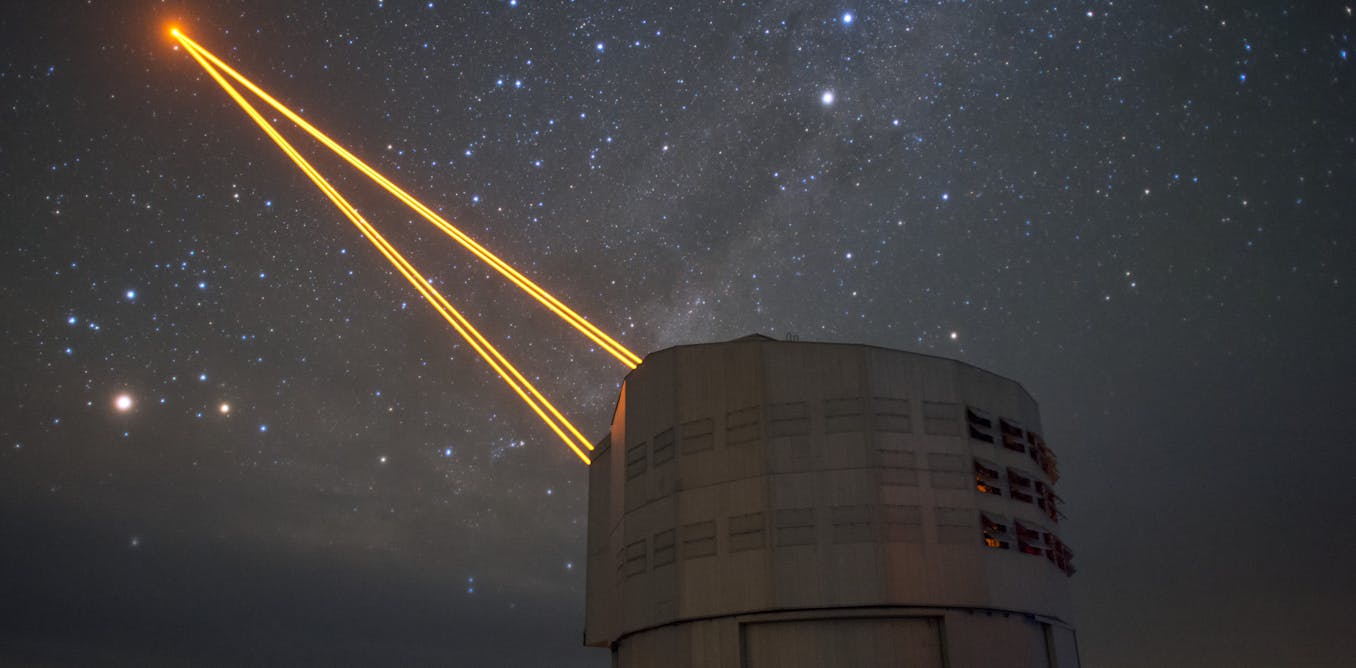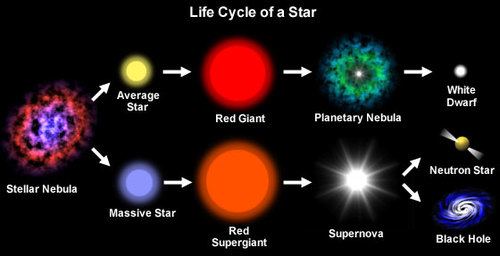Why Do Stars Twinkle Brainly : Why Do Stars Twinkle Explain Brainly In - Turbulent air currents cause the star's light to dance around.
Why Do Stars Twinkle Brainly : Why Do Stars Twinkle Explain Brainly In - Turbulent air currents cause the star's light to dance around.. Well, there were two theories. Does light from planets twinkle as does light from stars? Why does mrs rahma proud of her son?a. By doing this, the light will experience some distortion (refraction is the physics term) to a greater or lesser degree.we see this because of light's passage through layers of. In fact, most of the stars are shining with a steady light. You'd think the twinkle, twinkle… nursery rhyme would have ignited a question that everybody would well, here it is: Twinkle, twinkle, little star, how i wonder. Distance is the main reason stars twinkle more conspicuously than the planets in our solar system. Max, that's a fantastic question! Stars appear to twinkle (blink) because the light from them must reach us by passing through the atmosphere of the earth. When you're stargazing, stars often do appear to be twinkling, and it's earth's atmosphere that's to blame. Dapatkan penjelasan bukan hanya jawaban. One was that the earth's atmosphere was causing the twinkling. It's very easy for all, or most, of a narrow beam this is why a bright star such as sirius, which never gets too high in the sky for northerners, exhibits legendary flashes of intense colour while it twinkles. Planets are a collection of a large number of point sources of light, whereas stars are considered to have a point source. Or are your eyes playing tricks on you? Did you know you can distinguish between stars and planets in the sky? Andi wins the english competition.c. Basically, stars appear to us as single dots, as they are very far away from us. As star is so far from earth it appears as point size source of energy. We will also explore why planets, sun and moon don't seem to twinkle. As a consequence the number of rays entering, the pupil of the eye goes on changing with time and the stars appear twinkling. Stars are so far away that they appear to us as point sources of light — like a very thin laser beam. Turbulent air currents cause the star's light to dance around. How do astronomers overcome twinkling? By fraser cain/ universe today. The movement of air (sometimes called turbulence) in the atmosphere of earth. In fact, this is a good way of figuring out if a particular object you see in the sky is a planet or a star. Stars twinkle when we see them from the earth's surface because we are viewing them through thick layers of turbulent (moving) air in the earth's atmosphere. This is an article from curious kids, a series for children. Dimas wins the math competition.d. Planets are a collection of a large number of point sources of light, whereas stars are considered to have a point source. The songline goes twinkle twinkle little star. Stars twinkle when we see them from the earth's surface because we are viewing them through thick layers of turbulent (moving). Stars twinkle due to atmospheric refraction of starlight. What is the cause of the twinkling of stars? Andi wins the english competition.c. The twinkling of a star is due to atmospheric refraction of starlight. Did you know you can distinguish between stars and planets in the sky? One was that the earth's atmosphere was causing the twinkling. Dimas wins the english ingin bergabung dengan brainly? One was that the earth's atmosphere was causing the twinkling. Stars twinkle because they look like dimensionless points of light even through the largest telescopes, so that their tiny images are. This is an article from curious kids, a series for children. As the stars are very far away, they behave as almost point sources of light. On a clear, dark night, our eyes can see about 6,000 or so stars in the sky. Planets do not twinkle the way stars do. Stars twinkle because of turbulence in the atmosphere of the earth. As the stars are very far away, they behave as almost point sources of light. As pockets of turbulent air, both warm and cold, move around, they cause the light to move unevenly, causing relative brightness and dimness. Dimas wins the math competition.d. Does light from planets twinkle as does light from stars? Stars look much smaller in our sky because they are further away from earth. When you're stargazing, stars often do appear to be twinkling, and it's earth's atmosphere that's to blame. Stars twinkle more than planets, as planets usually do not appear to twinkle. Or are your eyes playing tricks on you? The twinkling of stars is scientifically known as stellar scintillation. Dimas wins the english ingin bergabung dengan brainly? Andi wins the english competition.c.
Stars twinkle because … they're so far away from earth that, even through large telescopes, they appear only as pinpoints.

Stars appear to twinkle (blink) because the light from them must reach us by passing through the atmosphere of the earth.
It's very easy for all, or most, of a narrow beam this is why a bright star such as sirius, which never gets too high in the sky for northerners, exhibits legendary flashes of intense colour while it twinkles.




0 komentar